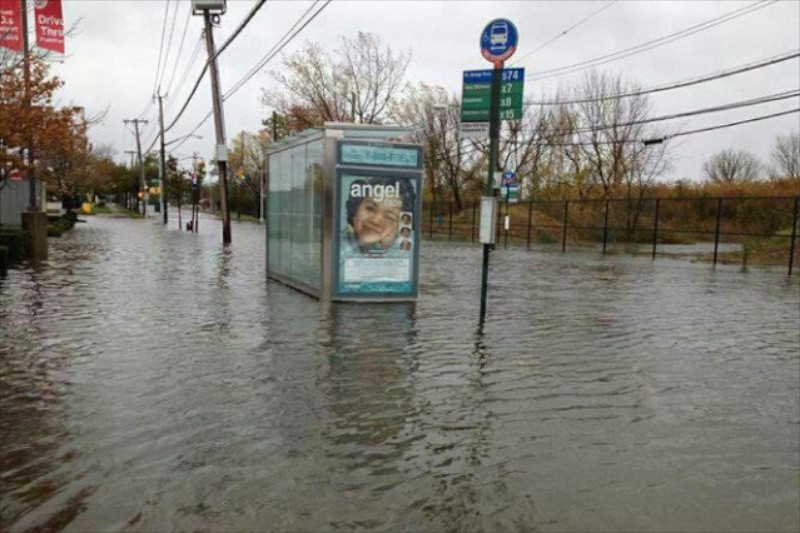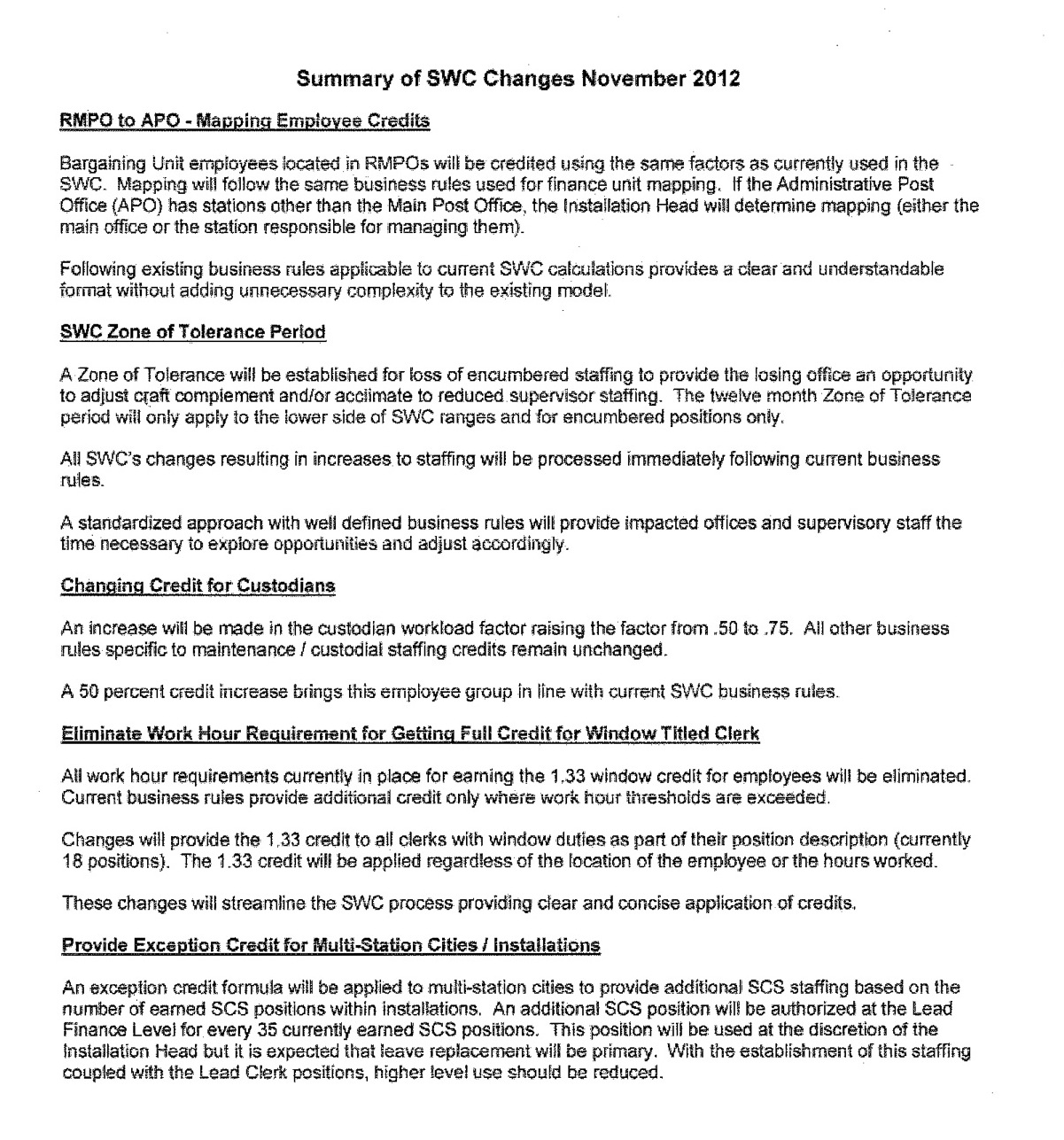You Never Walk Alone
- in Articles
To My Friends,
It has been a difficult period for my family the past several months with illnesses. We want to take this opportunity to thank you for your thoughts and prayers during this time of uncertainty.
First, my 87 year old father-in-law, who was a 100% disabled veteran and an amputee, was diagnosed with multiple cancers eight months ago. He determined that he did not want to go through chemotherapy and decided to let the disease take its’ course. He wanted to once again join his wife of 55 years Mary who preceded him over two years earlier. Since her passing he lived alone and Mary was always on his mind.
Recently he began to fail and his children took turns providing him 24 hour care so he could remain at home. Only four days before his passing he moved to the Veterans Administration Hospital because of the difficulties he had in moving as an amputee. He passed with dignity and had a wake and funeral that was attended by his entire family and hundreds of friends.
Also, for the past several months, my wife Suann has been suffering from extreme fatigue that could not be identified or resolved. The condition became so severe she could not perform everyday functions. Tests found that her liver enzymes were extremely high and her liver was enlarged. Suann had extreme abdominal pain and no energy.
We began many anxious days fearing the unknown. But, all of the tests taken did not produce a cause. She underwent ultrasounds, CT Scans, X-rays and a liver biopsy in rapid succession. It was not until four days before her father’s passing that a diagnosis of Epstein-Barr syndrome, a transient fatigue condition was diagnosed and other more serious conditions were rejected as causes.
During this entire time, the support we received from you was invaluable. You were a source of strength in difficult times. Every email I received was shared with Suann and Jessalyn, our ten year old daughter. Jessalyn was concerned about her best friend’s (her mother) health and she was also in the process of losing her only remaining grandparent with whom she had a close personal bond.
It was comforting to my family to have the support, thoughts and prayers of so many people who have come into our lives as a result of our affiliation with NAPS. NAPS is indeed a family, a family who stands ready to provide support and comfort in difficult times.
We wanted you to know how much your concern and support meant to us. May your holidays be blessed as we are blessed to have you as friends.
Suann, Jessalyn and Jay Killackey















